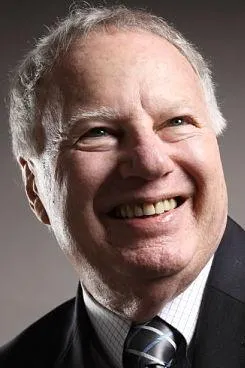
Special Guest Expert - Robert White

Robert White
Robert White utilizes a rich personal history of entrepreneurial success as an Executive Mentor and Leadership Trainer to develop extraordinary personal leadership skills, focus, alignment, and commitment. Robert founded and led training industry success stories Lifespring and ARC International with a combined 1,300,000 graduates. He lived and worked in Japan, Hong Kong and Mainland China for 23 years. He authored the essays for the award-winning photo journal One World One People and his best seller Living an Extraordinary Life is available in English, Traditional and Simplified Chinese. AudioFile Magazine awarded Robert’s audio home study program Achieving Extraordinary Success its 2011 Earphones Award for “Best Spoken Word Personal Development Program.”
Connect with Robert:
Please Share This With Your Followers
